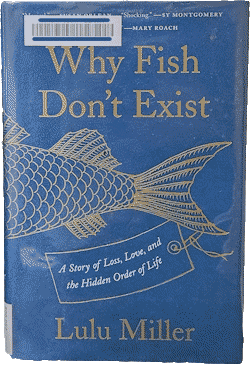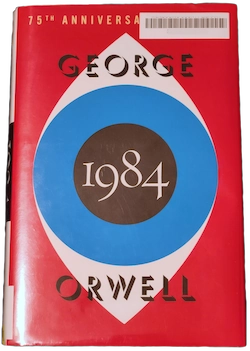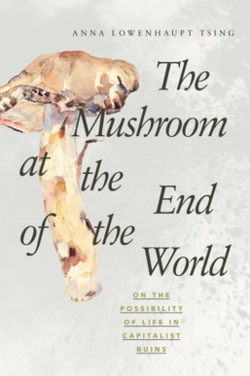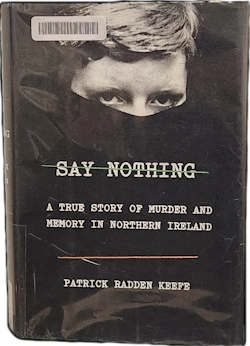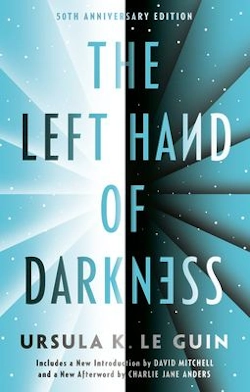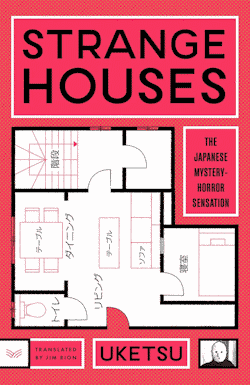01 Jan
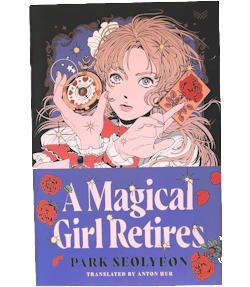
- Genre: Fantasy
- Release Date: 2024.04.30
- Page Count: 154
- Keywords: debt, purpose, destiny, time, climate, survival, justice
- Meeting Details -
Date: Feb 2nd | Weather: Cloudy | Place: Cafe
- Meeting Highlights and Discussion Points -
After drinking a can coffee maybe only an hour before, I order a pour over at the cafe. I suffer from a caffeine-induced headache for the rest of the day. I also order a chocolate muffin to share.
We share our earliest memories. A birthday party at grandma's, an old friend, a moonlit room. Are our earliest memories really ours or were they recounted to us later in life?
What power would each of us have? The power of influence? Teleportation? Zoning out?
What is a "girl"? Is it something to strive to maintain or shed quickly? How is it different from a "boy"? In what ways is the definition similar or different across cultures?
What reasons make the magical girl genre a popular and useful storytelling medium? Did this book do something interesting with it?
Different aspects of the book were compared to The Last Airbender, Greek deities related to time (Chronos, Aion, Kairos, Prometheus), Sailor Moon, etc.
The book was enjoyable for all, but it was so short that it left us wanting more. It's easy to imagine adaptations or expansions of this world. Seeing more action, hearing the stories of other magical girls, or continuing on with the story of the main character.
It was difficult to engage in discussion and record club minutes at the same time. Next month I may try to record from memory after the meeting is over.
- My Thoughts on the Book -
It was easy to relate to the main character and her issues at the beginning of the book. I think the fact that, unfortunately, too many people can relate is part of the reason for this book's popularity. Struggling to keep one's head above water in a pool of personal issues, but at the same time overly conscious of the troubles of the world at large that it breeds an oppressive sense of helplessness. Forget the magical girls, having someone come to you in the nick of time and declare that you are meant for something greater is reason enough for this to be classified as fantasy.
I couldn't help but compare characters to the deities of time in Greek mythology. Chronos, god of linear time — Aion, god of cyclical time — Kairos, god of opportunistic time — Prometheus, titan god of forethought. Before learning about them I never thought about how time could be thought of from so many angles. Also, the way the antagonist was dealt with reminded me of themes from The Last Airbender.
The various themes and messages in the book are presented in a straightforward manner. Living in a capitalist hell. The looming and ever accelerating force that is climate change. A call to find that hidden power inside oneself. Justice. A message the author may have been trying to get across is that solving the big and small problems of the world starts with oneself. It's only after making the effort to live within "normal" society that one can be more at peace. After finding some sense of peace or security one can begin to really search for their true strength and how they can use it to make a positive change towards something bigger than themselves.
- Commemorative Doodle -

